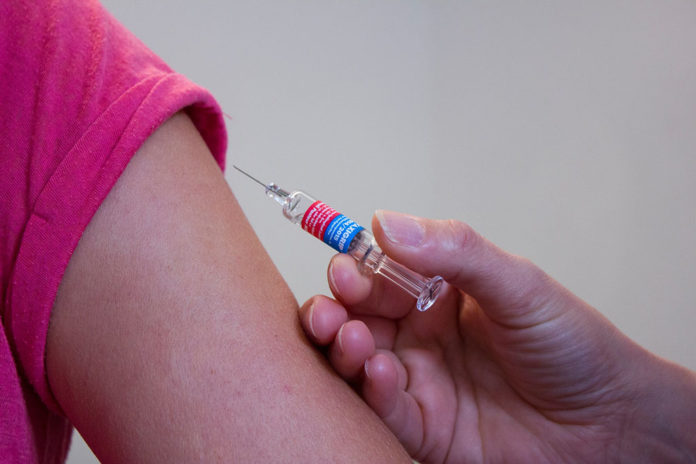
Vanessa Alvarez
Florida is one of just over forty states that accept religious reasons for immunization exemption, however, many question the validity behind it.
County lawmakers make decisions regarding vaccine exemptions. In Polk County, medical and religious exemptions are provided to patients. Studies reveal Polk as the highest ranked county in Florida for childhood immunizations, however, six percent of students fall under religious exemptions. These vaccinations include chicken pox, measles and hepatitis B.
Nursing student Annie Gustafson disagrees with religious exemptions.
“As a nurse I have seen and worked with people who have refused vaccinations and are willing to put their kids at risk for disorders and diseases that have come back,” Gustafson said. “It is hard to see kids get measles and be so sick and in so much pain because their parents believe they’re protecting them from any harm that come from vaccinations.”
The Florida Certification of Immunization states that individuals in Polk County are able to exempt immunizations for medical and religious purposes. Religious exemptions must be approved through the Department of Health, however, proof of religious affiliation is not necessary for the exemption approval.
In an interview with the Ledger, the director of the Florida Department of Health in Polk county said “I’m not pleased that our rates are trending upward as far as religious exemptions.”
Through clinical experience, Gustafson has run into several circumstances where parents decide against vaccinations for their children. Many parents who come into hospitals against vaccinations usually do not change their minds, but Gustafson says educating them on the benefits of these medications is the best one can do.
“We cannot force them to do it, it’s the patients choice,” Gustafson said. “Vaccinations are technically medication in ways and patients have the right to refuse medication.”
Florida Southern currently offers an immunization exemption option which is provided through a form on the school’s websites. Reasons align with county law including religious and medical exemption.
“It’s allowing freedom of choice and people should have a choice of what to do with their bodies,” Gustafson said. “It puts other students at risk because they could get that sickness and if someone else wasn’t vaccinated on, let’s say, their floor, both students will be infected.”
For both, students must identify which immunizations they will be exempting, have a consultation with a healthcare professional and have guardian approval if the student is not of age.
The form reveals that said student will be restricted from certain health-related studies, internships, and other experiences. If a student faces diagnosis without immunizations, they are to be removed from certain aspects of campus life depending on the severity.
The infamous anti-vaccination movement revolves around the thought that vaccinations cause illnesses and diseases such as autism. In Hollywood, actors including Jim Carrey and Alicia Silverstone came forward as “anti-vaxxers.” These individuals claim forcing children to receive immunization violates certain rights.
California, Maine, New York, Mississippi and West Virginia are the only states to enact laws requiring public school students to be vaccinated with the exception of medical reasoning.
According to PEW Research, New York joined this pro-vaccination movement after a measles outbreak that affected over 1,000 Americans.
In states such as Nebraka, individuals claiming religious exemption must apply with an authorized representative confirming religious practices.
Other states require notarized statements while some require immunization education similar to Florida Southern.







